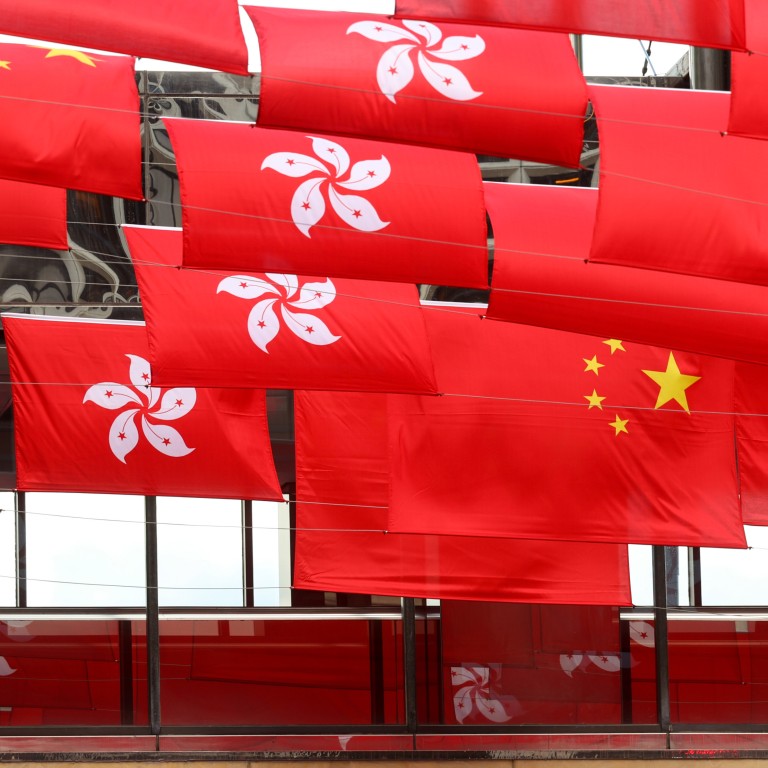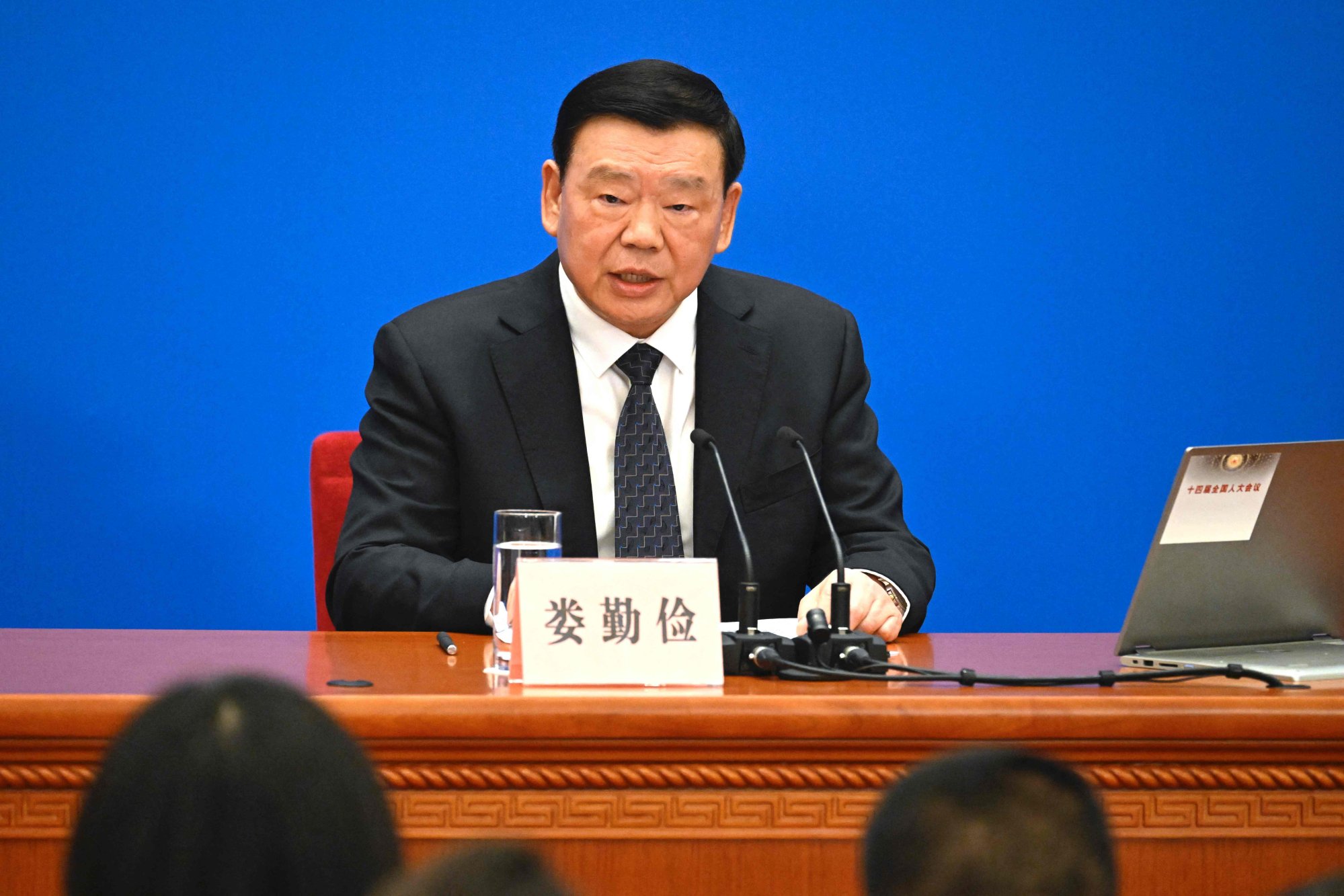
Hong Kong must ‘decisively’ introduce Article 23 security law to end all ‘causes of chaos’: Beijing’s top intelligence agency
- Ministry of State Security also accuses foreign politicians of having double standards by opposing coming national security law
- Intelligence agency warns ‘evil nature of anti-China and anti-Hong Kong forces, which have been entrenched in Hong Kong for a long time, is hard to change’
The Ministry of State Security on Monday also accused foreign politicians of having double standards by opposing the coming law, warning that no other countries had the right to interfere in China’s internal affairs.
The legislation will complement the national security law that Beijing imposed in 2020, outlawing five new types of offences – treason, insurrection, sabotage, external interference, and theft of state secrets and espionage.
US concerned over ‘broad and vague’ definitions in Hong Kong security law
The ministry took to WeChat on Monday and wrote that despite the introduction of the Beijing-decreed law, there were still some “worms” looking for opportunities to create trouble in Hong Kong.
“The evil nature of the anti-China and anti-Hong Kong forces, which have been entrenched in Hong Kong for a long time, is hard to change,” it wrote.
“[Only] by decisively completing the Article 23 legislation can Hong Kong eliminate all causes of chaos and evil roots, uphold the rule of law and justice, restore social integrity and return to the right track.”
The intelligence agency also slammed some foreign politicians for maliciously smearing and attacking Hong Kong’s legislative efforts, saying their comments showed “hypocrisy and double standards”.
It noted that similar legislation was common in many countries, such as the United Kingdom and Singapore, which respectively enforced the National Security Act 2023 and Foreign Interference (Countermeasures) Act 2021.
Hong Kong’s legislating of Article 23 fell under the nation’s internal affairs and no other countries had a right to interfere, the ministry said.
It added that the legislation should be completed in a swift manner as it was conducive to creating a stable and safe business environment, protecting the fundamental well-being of Hong Kong residents and allowing global investors in the city to prosper.
The ministry also referred to the public consultation results, citing figures from Hong Kong authorities that about 99 per cent of the 13,147 submissions had spoken in support of the legislation.

The country’s top legislature in May 2020 passed a resolution that paved the way for the Beijing-imposed security law and also required Hong Kong to establish its own legislation.
The policy emphasises prioritising the domestic front, while remaining open to international trade and investment.
Hong Kong would further prosper and flourish alongside the country’s high-quality economic development and its new round of high-level opening-up, he said.
Public backs prompt implementation of Hong Kong national security law: John Lee
Hong Kong Polytechnic University president Teng Jin-guang, who is in Beijing attending the annual session of the Chinese People’s Political Consultative Conference National Committee, said the legislation required under Article 23 would not affect Hong Kong’s economic development or the city’s academic sector.
He argued that with the enactment of a domestic national security law, a more united society could boost the local economy buttressed by a more stable environment.
Hong Kong launched the 30-day consultation period for the controversial home-grown legislation at the end of January. A full draft of the proposed law has yet to be completed.
Authorities said 98.6 per cent – 12,969 of the 13,147 submissions received – over the month-long consultation period “supported or raised positive views”, with only 93 submissions, or 0.71 per cent, opposing the bill, of which more than 10 were from “overseas anti-China organisations” or absconders.
The United States, Britain and Australia are among the countries that have issued statements opposing the legislation, raising concerns that it could potentially curb freedom of expression and strain diplomatic activities.

